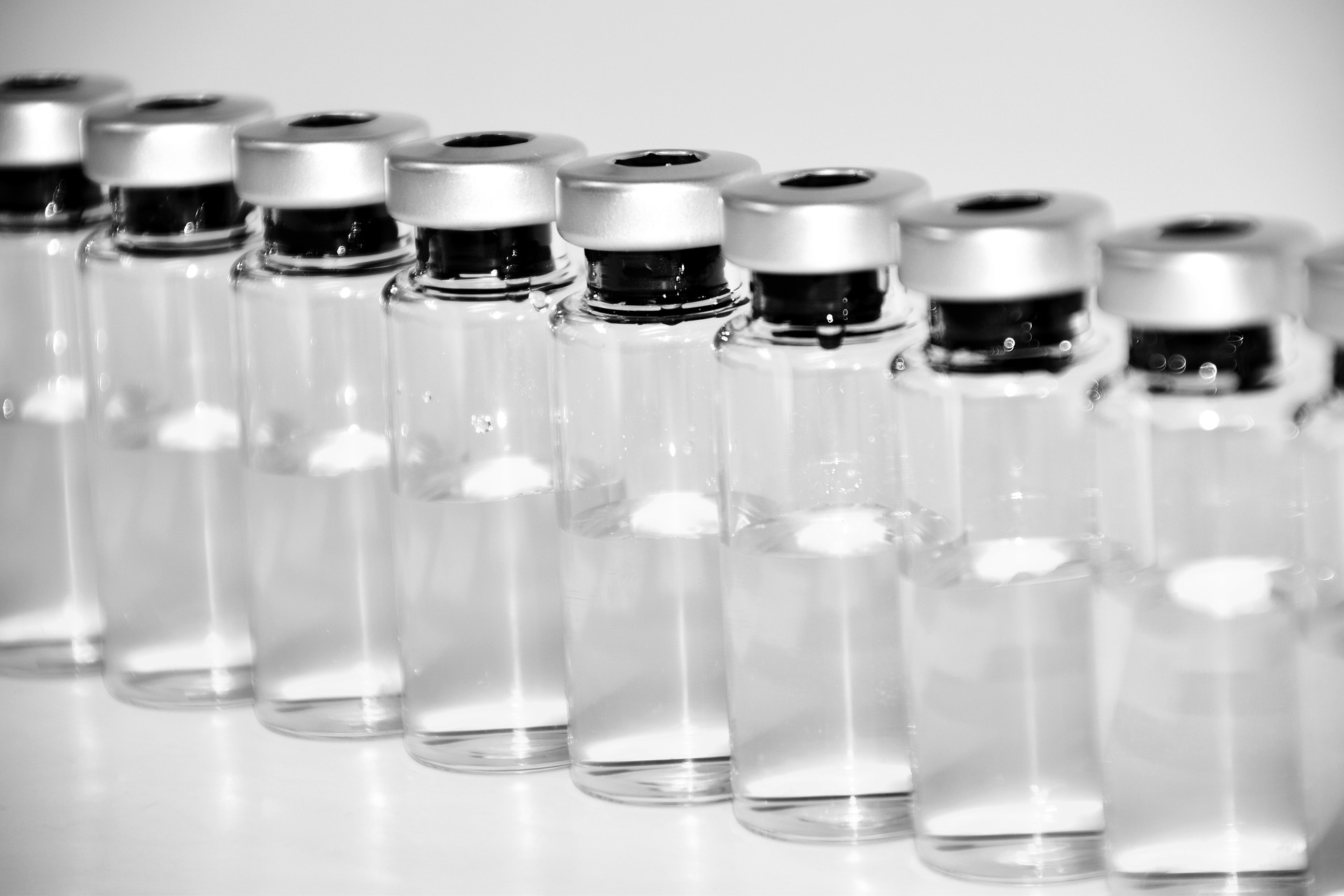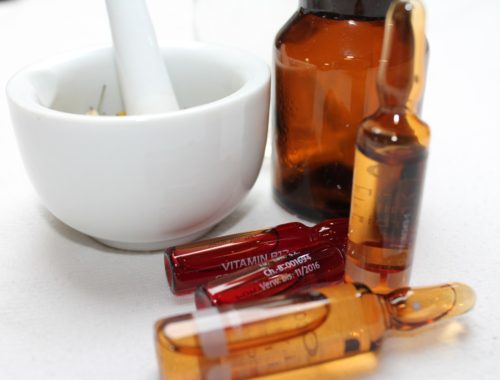Holistic
Alternative Treatments: No Studies Support 714-X

714-X is an alternative cancer treatment developed in a privately funded lab in Canada more than 30 years ago.
The product claims to treat cancer by supporting the immune system using a formula made from a mix of camphor, ammonium chloride and nitrate, sodium chloride, ethanol, and water.
In Canada, this compound is legally available on compassionate grounds only and must be obtained through a physician. But 714-X is not approved for any use in the United States and is banned from being imported by the Food and Drug Administration (FDA).
While there are enthusiastic supporters around the world who believe this alternative treatment cured their cancer, there is no peer-reviewed evidence on the success rate of 714-X.
Choosing unproven treatments can take away time from using medicines that are known to work, allowing cancers to grow further. Based on our tips for evaluating alternative treatments, there are several clues indicating 714-X is not a safe choice for cancer patients.

How does 714-X work?
714-X was developed by Gaston Naessens, a French-born scientist and researcher in a privately financed laboratory in Quebec.
Early in his career Naessens developed the “somatoscope,” a specialized microscope that allegedly allowed him to see microorganisms that live in the human body he called “somatids.” According to his research, somatids exist in several forms, some of which appear only in individuals with certain diseases (like cancer).
Naessens claimed that cancer could be diagnosed and monitored by studying blood samples with a somatoscope. According to the National Cancer Institute, no evidence has been published in peer-reviewed scientific journals to support the somatid theory of cancer development.
His theory goes on to explain that when somatids are exposed to trauma, they enter an uncontrolled growth cycle that leads to cancer. 714-X was then designed to support the immune system in order to restore somatids to their normal healthy state.

Treatment
714-X is usually given as an injection to lymph nodes in the groin. The treatment consists of a single daily injection for 21 days followed by a 2- to 3-day rest period. According to Naessens, using the lymphatic system helps rid the body of toxins and directly delivers the supportive chemicals in 714-X to cells.
The product’s website explains that the camphor in 714-X is attracted to cancer cells and where the added nitrogen in the formula is then released. This prevents malignant cells from depleting the nitrogen needed by normal cells to function properly.
The site claims 714-X is more effective if it is taken during the early stages of a disease and before surgery, chemotherapy, or radiation therapy. It also states that 714-X can be used along with conventional treatments. However, the site mentions alcohol should be avoided during treatment as well as alternative therapies that use shark or cow cartilage, vitamin B12, and vitamin E supplements.

Reviewing the research on 714-X
As discussed in our article on exploring alternative treatments, there are several steps products must take before they are considered safe options for cancer patients.
Treatments need to undergo many carefully designed randomized clinical trials that test how safe and effective they are. And in the United States, before clinical trials can even begin, a product needs to have some evidence it will work and be safe for human volunteers. This research usually comes from lab studies on cancer cells in petri dishes or animal studies.
In order to make sure this research is done properly, these studies are peer-reviewed. This means that other scientists get to check the quality of the research.
No laboratory, animal, or human studies support 714-X
According to the regularly updated National Cancer Institute PDQ (Physician Data Query) summary on 714-X:
- No laboratory study of the safety and/or effectiveness of 714-X has been published in scientific literature.
- A few animal experiments have been conducted, but the results of these experiments have not been reported in peer-reviewed scientific journals.
- In the few animal studies that have been done, 714-X was not found to be an effective cancer treatment.
- No clinical studies (i.e., clinical trials, case series, or case reports) have been reported in peer-reviewed scientific journals to support the safety or the efficacy of 714-X.
Anecdotal information does not prove a treatment will work
Though supporters of the treatment claim that 714-X cured their cancer, this is called “anecdotal information.”
This type of information cannot answer important questions on safety, effectiveness, and the ultimate outcome of a treatment. Even if someone says they got better on a treatment, it’s impossible to say what exactly caused the change.

Questions to ask when exploring alternative treatments
In our previous article on alternative treatments, we suggest a few questions that patients should ask when looking into unconventional therapies:
- What research was done on the treatment? (And does the research provide information on survival rate, how long after treatment patients survive cancer-free, and how it affects quality of life?)
Answer: There are no peer-reviewed studies on 714-X that can help answer these important questions for patients. The producers of 714-X claim they have tried to document the long-term effects of the formula, but had difficulties getting information from patients and their health care providers after treatment.
- Does the information on the product seem biased? (A provider should give both the pros and cons of a treatment. There are always limitations to treatments and a trustworthy source will mention that.)
Answer: The 714-X website claims that the product never causes side effects because it was designed to be non-toxic. The only described side effects of the treatment are local redness, tenderness, and swelling at injection sites.
The providers claim the design of 714-X is based on the “holistic model of health,” so it is impossible to say how it will react to the factors in a patient’s body. This means it is supposedly impossible to predict the effectiveness of 714-X. The only information available on the effectiveness of the treatment comes from testimonials.
These claims seem arguably biased because while the product is unable to be tested through proven medical research methods the providers still claim that it works.
- How is the treatment described? (If a treatment sounds too good to be true, it probably is. For example, look out for “miracle cures” that claim to heal multiple illnesses.)
Answer: In addition to cancer, the 714-X website claims that the product is beneficial for autoimmune diseases (like lupus erythematosus, rheumatoid arthritis, mastocytosis, etc.).
Despite a lack of research, the site claims the product has surpassed the “test of time” and that “[they] can say with complete confidence” the first 21 days of using 714-X leads to better quality of life. But the site also mentions that statistical data is unable to predict how the product will work for patients.

No evidence supports 714-X
While all-natural alternative therapies like 714-X can appear relatively safe, using unproven treatments can potentially endanger patients. Clues that indicate 714-X is an unsafe choice include:
- The design of 714-X is based on unconventional views about the nature of cancer that have not been confirmed by any other medical researchers.
- The effectiveness of 714-X is based only on testimonials (anecdotal information) and evidence that is not peer reviewed.
- The few animal studies that have been done showed no cancer benefit.
- The product does not provide any information on survival rate, how long after treatment patients survive cancer-free, and how it affects quality of life.
- The information on the product site is arguably biased and makes claims that allegedly cannot be tested by proven research methods.




